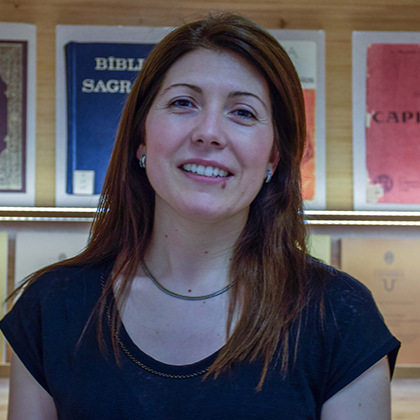Meet our Team
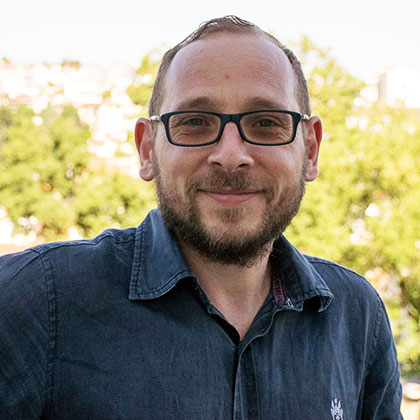
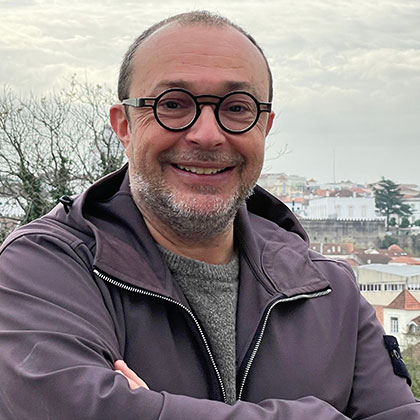
Since 2014 he has been qualified as an associate professor in Italy, where he previously taught Urban Management and Land and Settlement Analysis at the University of Florence.
He is currently Co-Coordinator of the PhD program "Democracy in the 21st century" at the Faculty of Economics of the University of Coimbra (FEUC). His main areas of research include citizen participation in the management of budgeting and territorial transformations, on which he has numerous publications in several languages. He also works on topics such as the informal city and the self-production of habitat, the right to the city, the practices of 'insurgent citizenship' and networks of cities in the international arena. Portuguese representative at COST "Constitution-making and deliberative democracy" (CA17135), he is an active member of the Standing Group on "Democratic Innovations" at the European Consortium of Political Research (ECPR), of the United Cities and Local Governments Commission on Social Inclusion, Participatory Democracy and Human Rights and of the International Observatory on Participatory Democracy (IOPD).
Coordinator of several research projects that resulted in the organization and publication of books and scientific articles, he has also been a trainer, consultant, and evaluator of participatory processes in more than 50 countries on 5 continents, both for civic organizations and public administrations, and for international institutions such as the World Bank, UCLG, the European Commission, and the Council of Europe.
In the 2014-2019 term he was co-chair of the Independent Authority for Assurance and Promotion of Participation of the Tuscany Region (Italy).
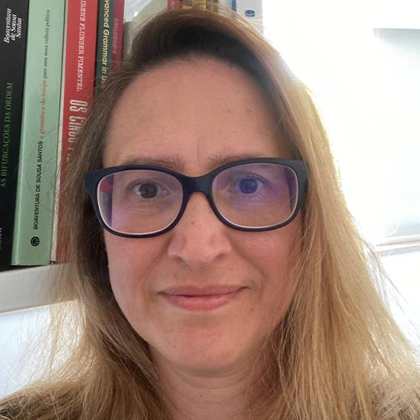

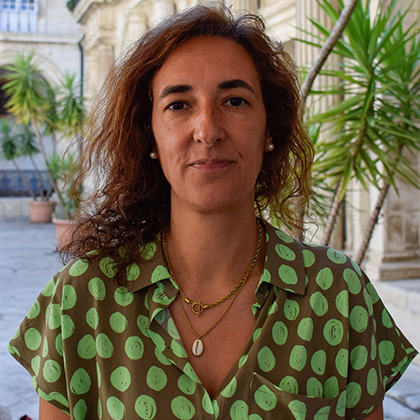
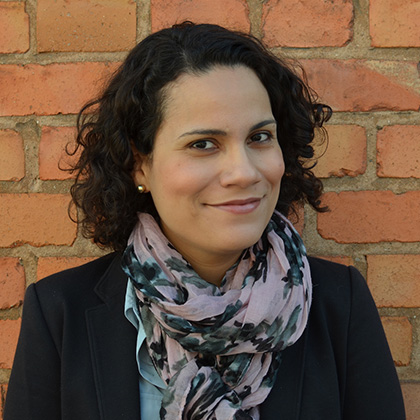
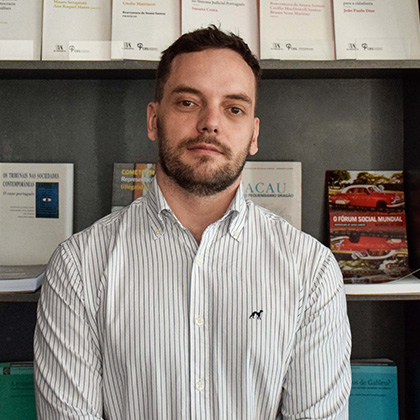
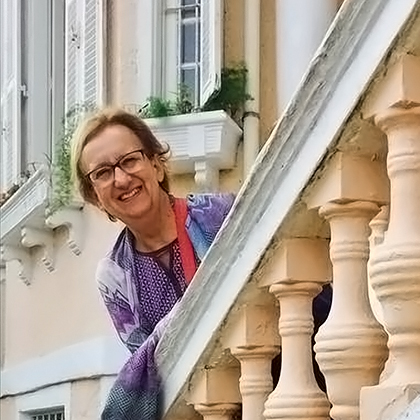
She was a full-time researcher at CES Associated Laboratory (2002-2007)and a Marie Sklodowska- Curie Fellow (2014-2017). Her research interests are Intercultural Communication and Education, Plurilingualism and Intercultural Epistemologies in transnational scientific research, Teacher Training, Language Policies in Education, Mobility and Ethnicities. She was born in Zambezia, Mozambique, where she lived until she started her degree in Germanic Philology at the University of Lisbon. She earned a Master's degree in Cultural Studies (Bilingual and Bicultural Education in the United States of America)at the Universidade NOva de Lisboa. She holds a PhD in Social Sciences/Language and Culture Education from Durham University, UK (2000), for which she was awarded the Birkmaier Award for research on a doctoral project in Washington D.C. by the American Council on the Teaching of Foreign Languages and the Modern Language Journal. Her academic merit is also recognized in the biographical summary authored by the internationally recognized expert Phipps, A. (2012). "Manuela Guilherme" in C. A. Chapelle (ed.) The Encyclopaedia of Applied Linguistics. Oxford: Blackwell Publ. Between 1987 and 1999, in addition to research in England, she did mostly research in the United States of America. In the following decade he focused his research on Europe and from 2010 to 2019 on Latin America. After taking up a contract with CES in 2002, she coordinated international projects funded by the European Commission such as:(a) ICOPROMO - Intercultural Competence for Professional Mobility (Leonardo da Vinci Programme), also supported by the European Centre for Modern Languages, Council of Europe [2003-2006]) and (b) INTERACT - Intercultural Active Citizenship Education (Sixth European Framework Programme), also by the Calouste Gulbenkian Foundation [2004-2007]). She was scientific co-coordinator of the RIAIPE3 Project: "Programa Marco Interuniversitario para la equidad y la cohesion social de las instituciones de educación superior en América Latina" (2010-2013), financed by the ALFA Program of the European Commission for cooperation between Europe and Latin America. Her GLOCADEMICS project - "'Glocal Languages' and 'Intercultural Responsibility' in a postcolonial global academic world: Power relations between languages/cultures within and between research groups" took place between the Centre for Social Studies, UC, and the Department of Modern Languages of the University of São Paulo, Brazil, funded by an MSC (Marie Sklodowska-Curie) grant.
Her work has been published internationally. She is the author of "Critical Citizens for an Intercultural World: Foreign Language Education as cultural politics", 2002, and co-editor of "Critical Pedagogy: Political approaches to language and intercultural communication", 2004, both published by Multilingual Matters, and "European and Latin American Higher Education between mirrors: Conceptual frameworks and policies of equity and social cohesion" by Sense Publishers. She was also co-author of "ICOPROMO - Intercultural Competence for Professional Mobility", European Centre of Modern Languages, Council of Europe (2007), and lead editor of "The Intercultural Dynamics of Multicultural Working", Multilingual Matters (2010), as well as author of book chapters and encyclopedias by Sage and Routledge. She is also a member of the Editorial Board of some scientific journals, such as "Language and Intercultural Communication", "Journal of Multicultural Discourses" and the journals "Dialogia" and "Roteiro", Brazil. He has published extensively internationally, most recently, "A Framework for Critical Transnational Research: Advancing Plurilingual, Intercultural, and Inter-epistemic Collaboration in the Academy", Manuela Guilherme (ed. ), 2022, and "Glocal languages: The South talks back", Manuela Guilherme and Souza (eds.), 2019, both published by Routledge, and also "Glocal Languages: Voices from the South", Manuela Guilherme (ed.), 2022, published by Mercado de Letras, Brazil, 2022.
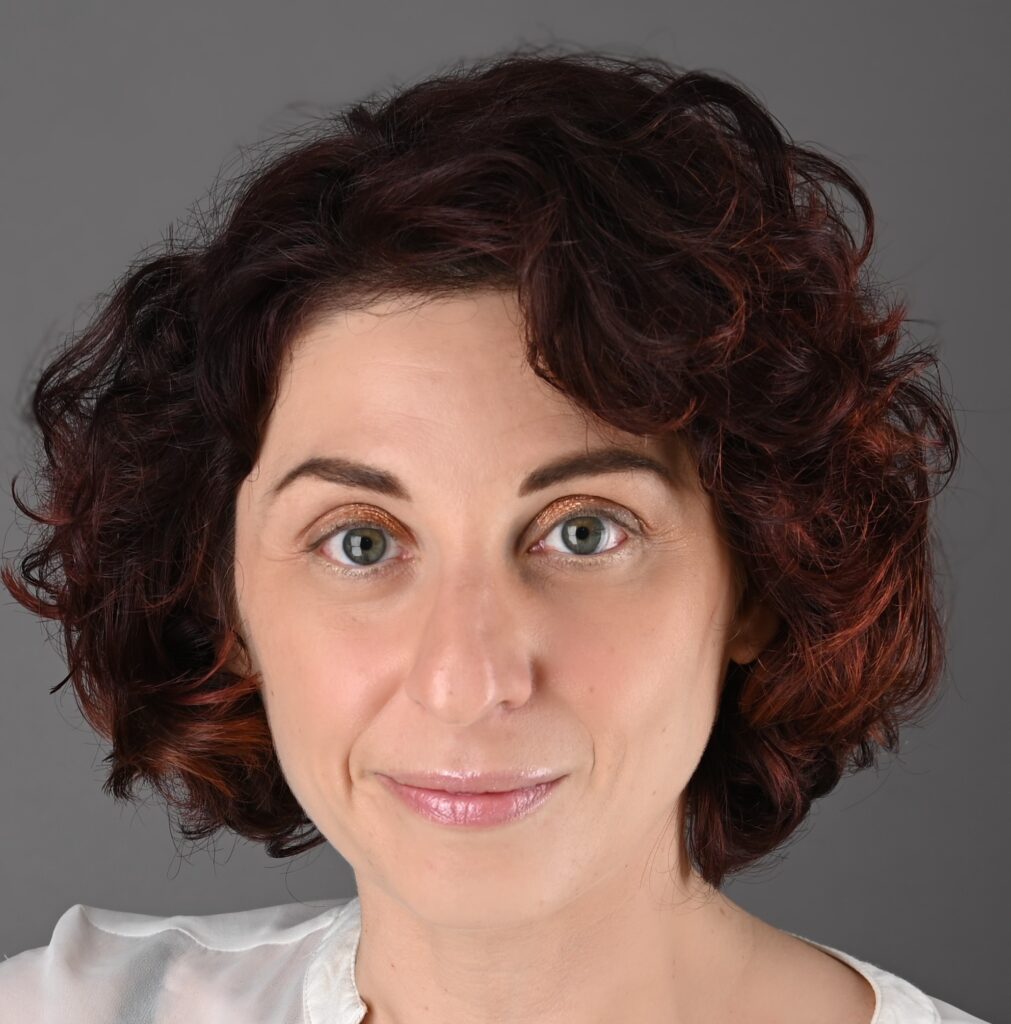
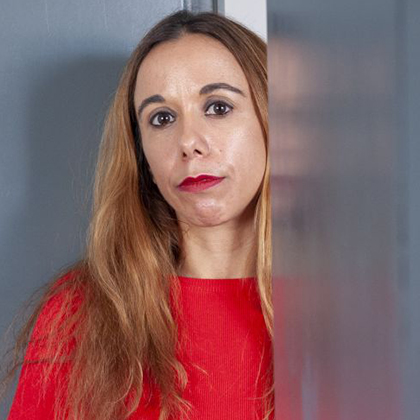
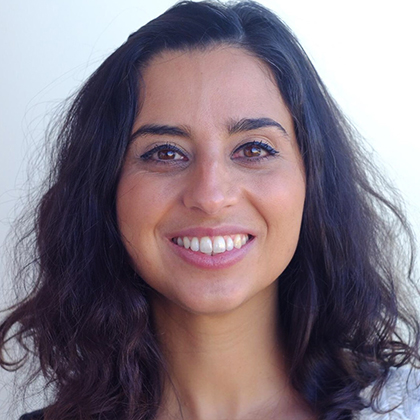
Within CES, she is also co-editor of Alice News. Since 2016, she has been an Associate Researcher at the OBSERVARE Research Center of the Autonomous University of Lisbon. She holds a PhD and a Master's degree in International Politics and Conflict Resolution from the Faculty of Economics of the University of Coimbra and a degree in International Relations from the same university, having also a diploma in Advanced Studies in "Communication Sciences" from ISCTE-IUL. Previously, she was an Invited Assistant Professor in the International Relations core at the Faculty of Economics of the University of Coimbra (2016-2019), a post-doctoral researcher at OBSERVARE/UAL (2015/2016) and at CES (2015), and a researcher and media and communication coordinator at Promundo-Europa (2014-2015). She belonged to the research team of the Flemish Peace Institute as visiting scholar, in the line of "Peace and Society", and was Marie Curie fellow at the Anthropology department of the Universiteit Utrecht. In addition to publications, conferences and national and international research projects, her work as co-coordinator and co-editor of the P@x Bulletin of the NHUMEP Peace Studies Group, her involvement with social movements (e. Academia Cidadã; Cidadãos por Coimbra) and international networks (e.g. EDEN, Orecomm, MenCare, MenEngage) as well as her work for think tanks, foundations and international development agencies, such as NOREF, UKAid, Palladium and Promundo-US.
Consultants
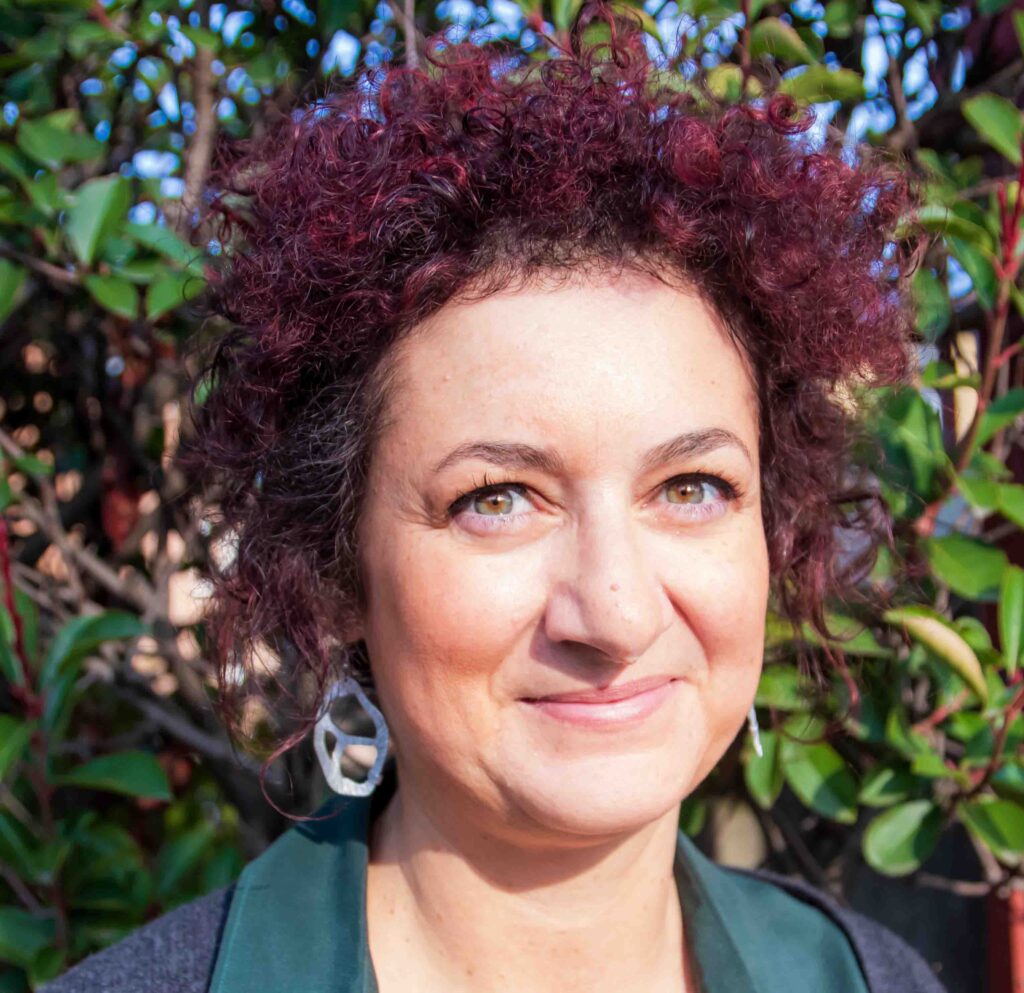
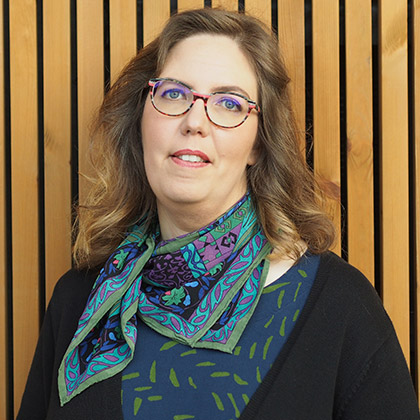


She has undertaken funded research examining: vulnerable workers and the hospitality industry; the characteristics of the 'student city'; remittance circuits; political disengagement in Birmingham; changing understandings of poverty; trade unions and the integration of migrants in Europe.
She has been involved in the research teams of 'Go Home - mapping immigration controversy' (ESRC) and 'Conflict, memory, displacement' (PaCCs).
Gargi is a member of the Centre for Migration, Refugees and Belonging.

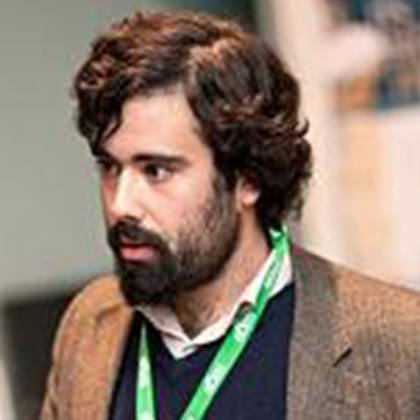

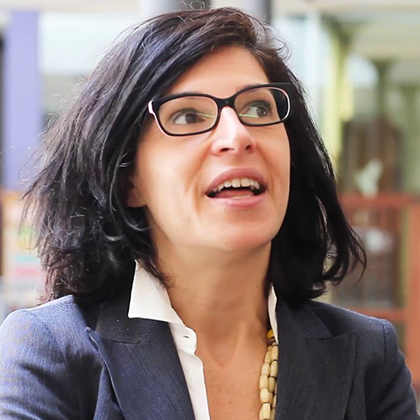
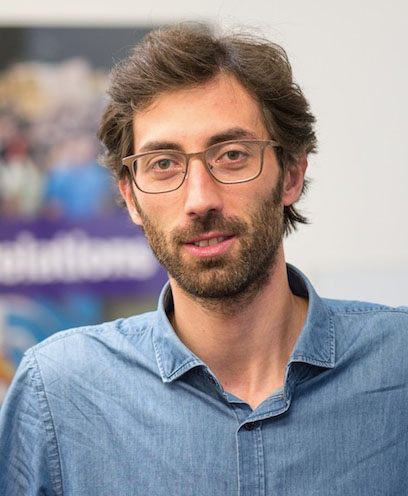
His research focuses on populism and nationalism, Italian and Spanish politics, protest movements, EU politics, and civil society organisations. He has published in European Politics and Society, Global Discourse, European Political Science, and Revista de Estudios Políticos, among other journals. He is co-editor of Populism and Passions. Democratic Legitimacy after Austerity (2019), and The Impact of Populism on European Institutions and Civil Society. Discourses, Practices, and Policies (2021)

Tereza welcomes media engagement and invitations to discuss grievance politics, emotions and their impact on public opinion, voting preferences, and political engagement, the political psychology of crises and conflicts, challenges for democratic engagement, prejudice, and tolerance.
Collaborators
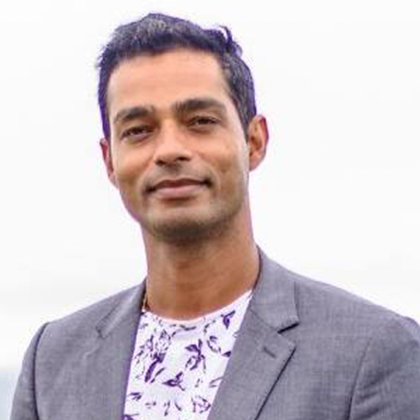
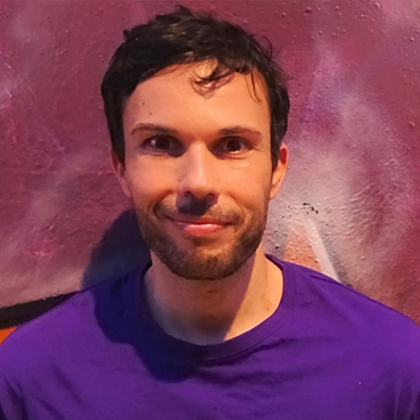


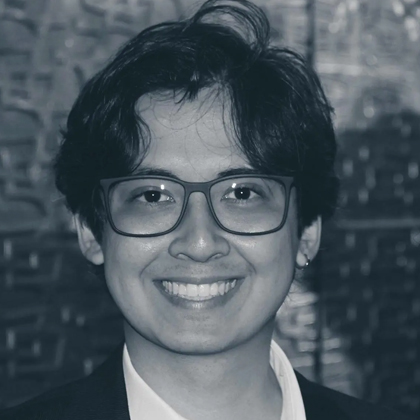

Among her monographic books: Bianco e nero. Storia dell'identità razziale degli italiani with dr. Cristina Lombardi-Diop (Le Monnier 2013), First prize in the 20th-21st century category by the American Association for Italian Studies; Race, Nation, and Gender in Modern Italy (Palgrave Macmillan 2019) finalist of the Gadda Prize 2019, and Monsters, Catastrophes and the Anthropocene. A Postcolonial Critique (Routledge 2021).

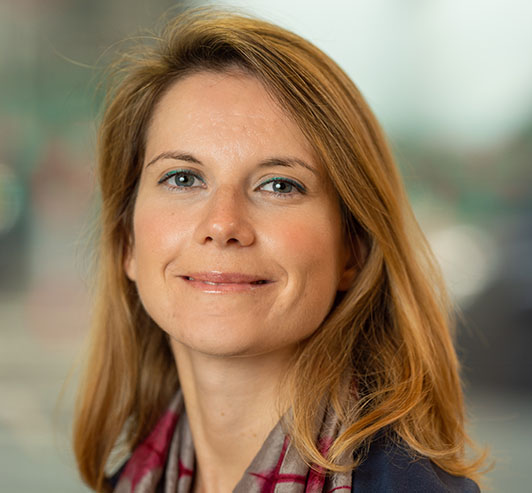
Students
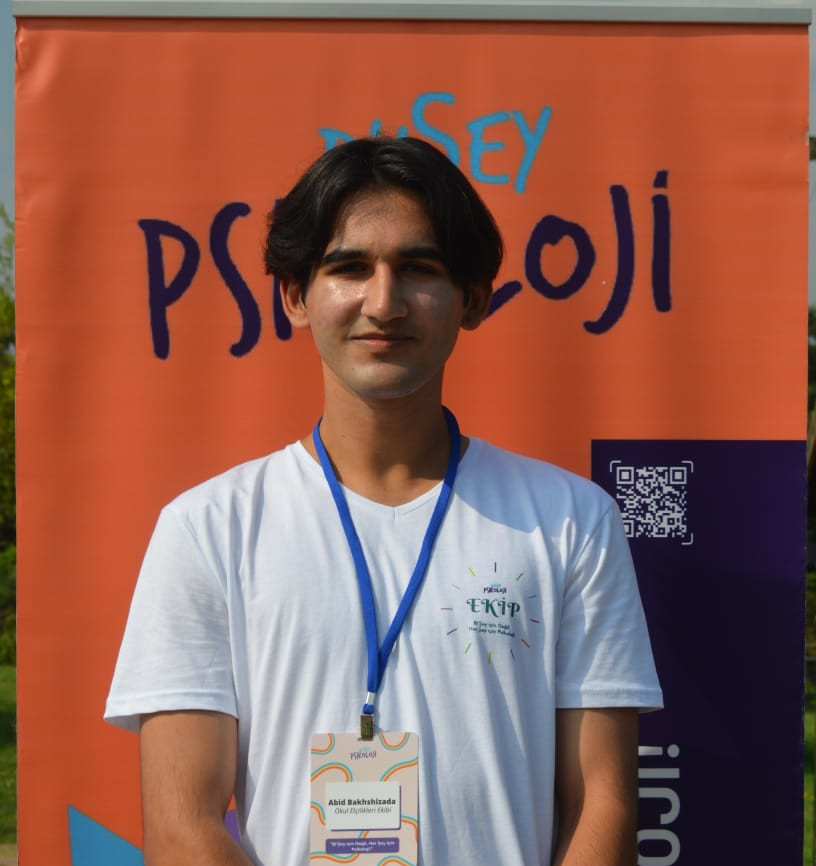
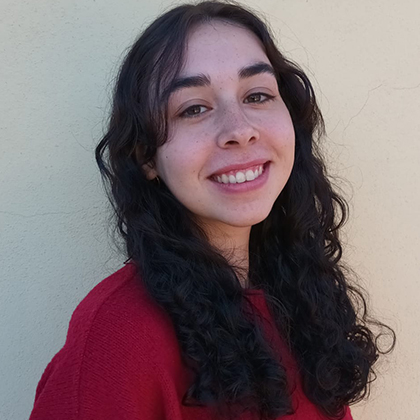
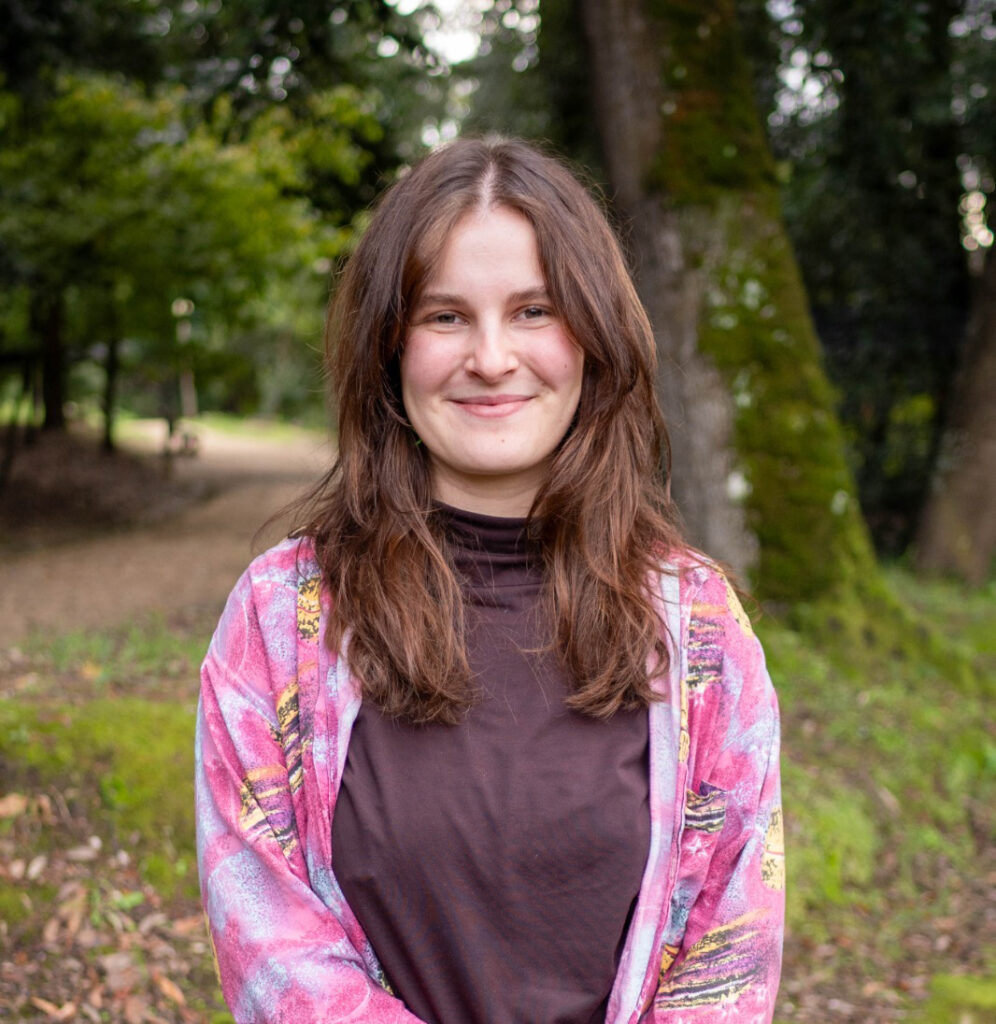


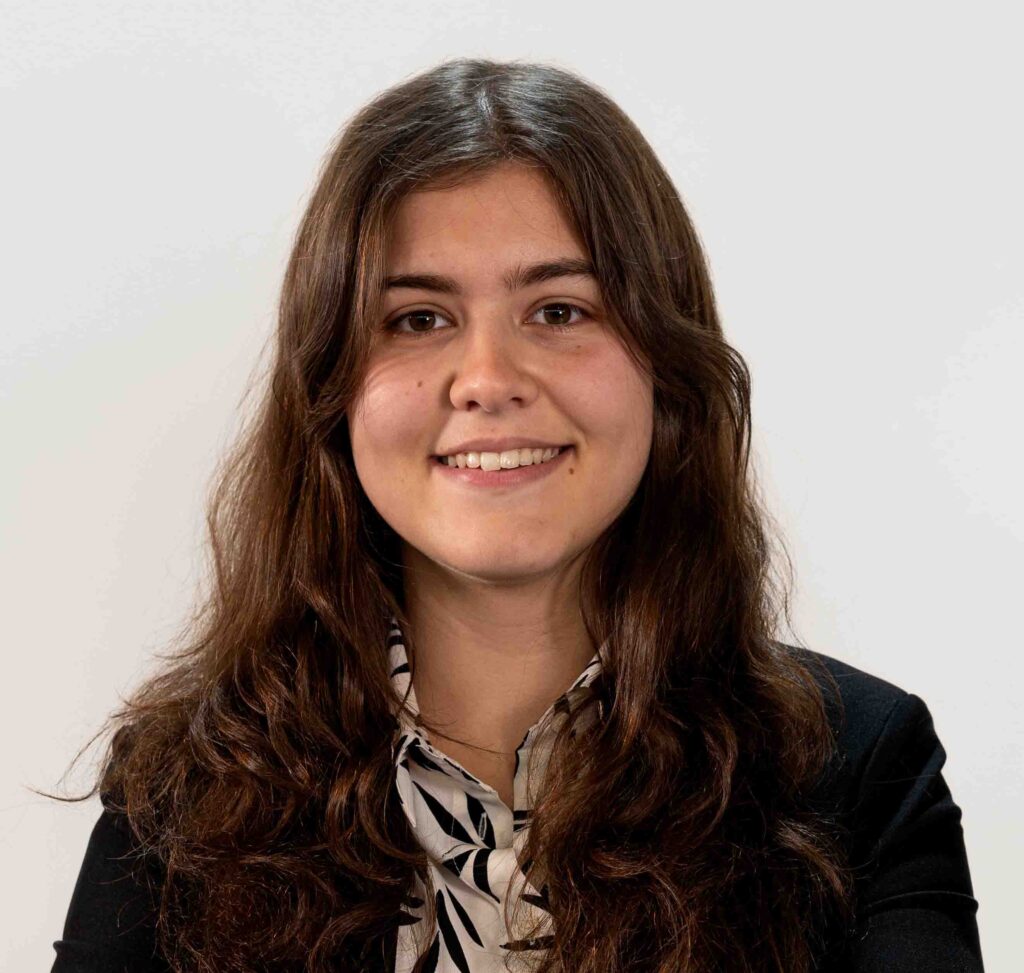
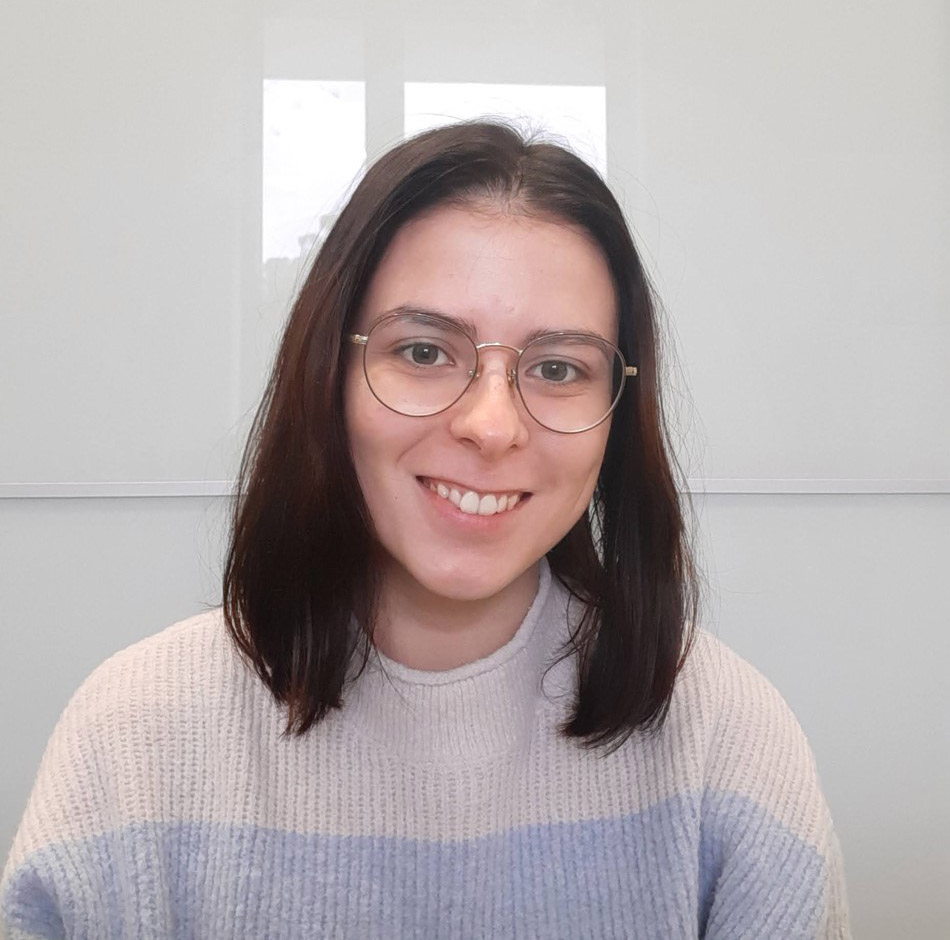

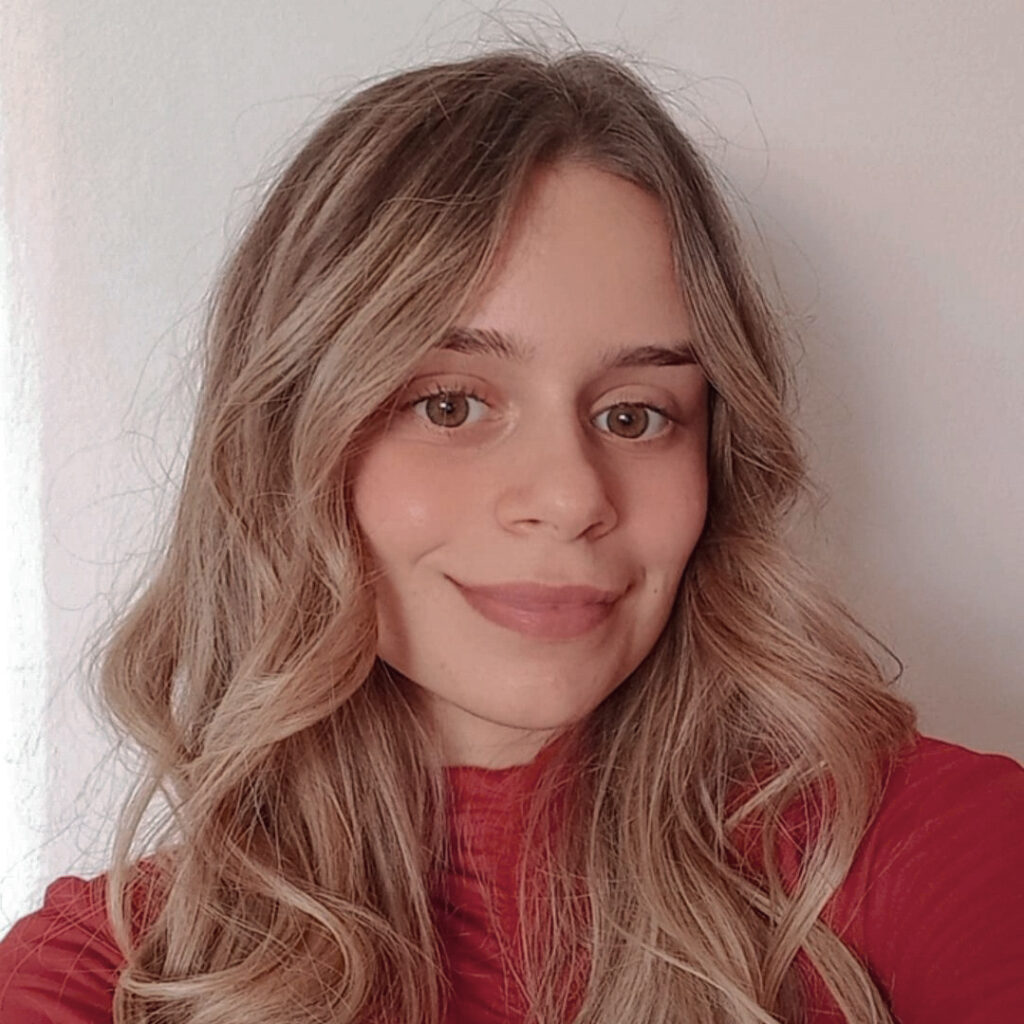
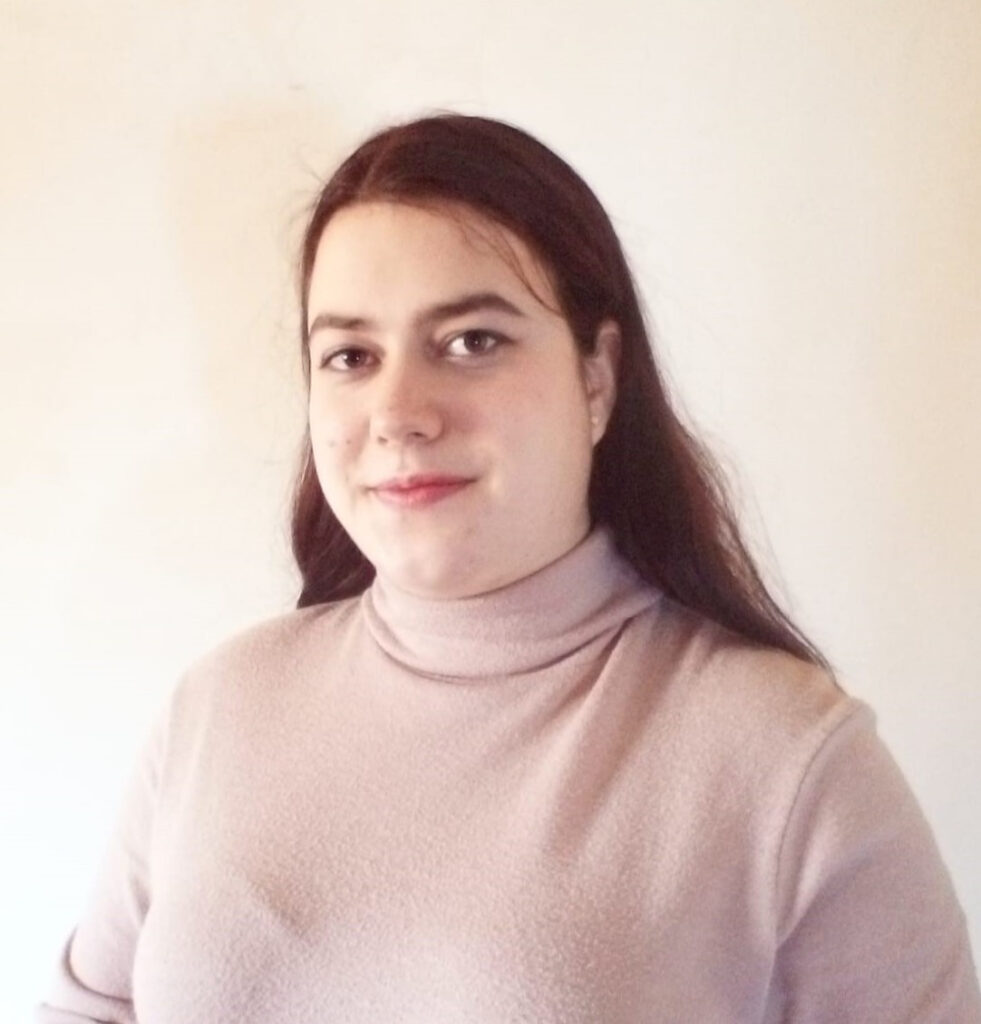
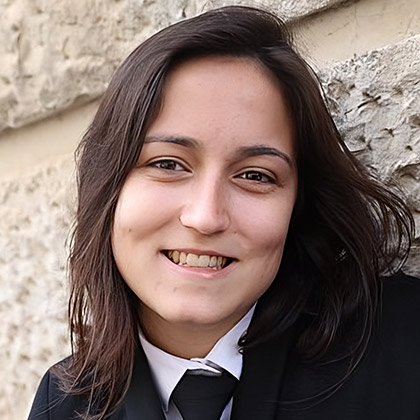

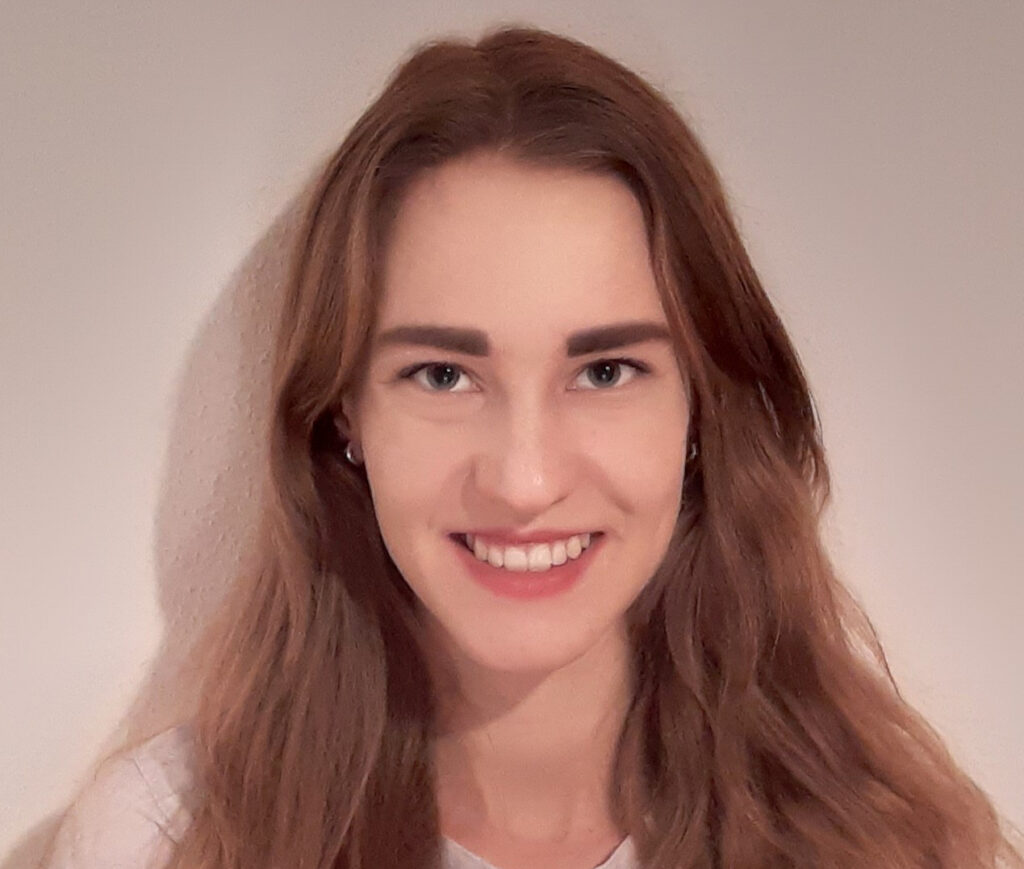
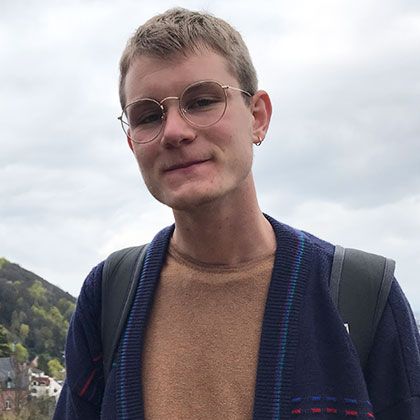
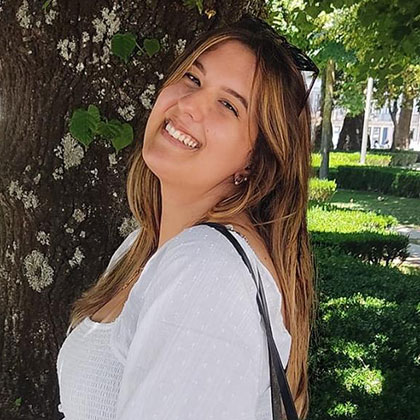
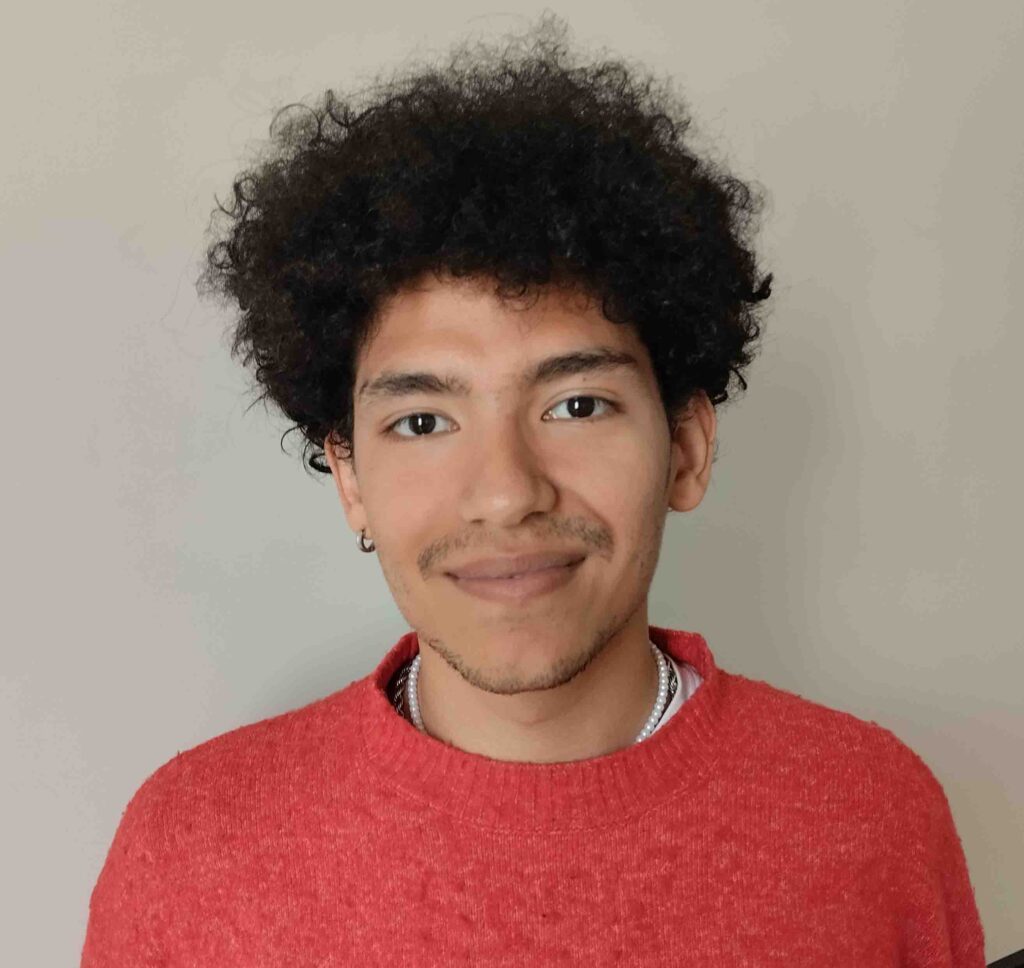
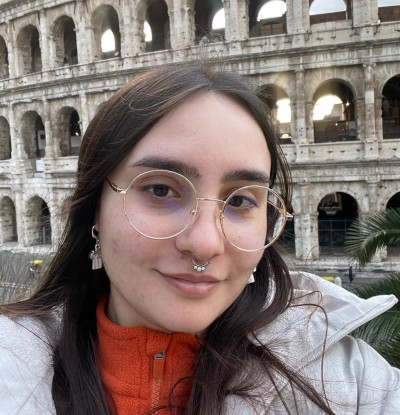

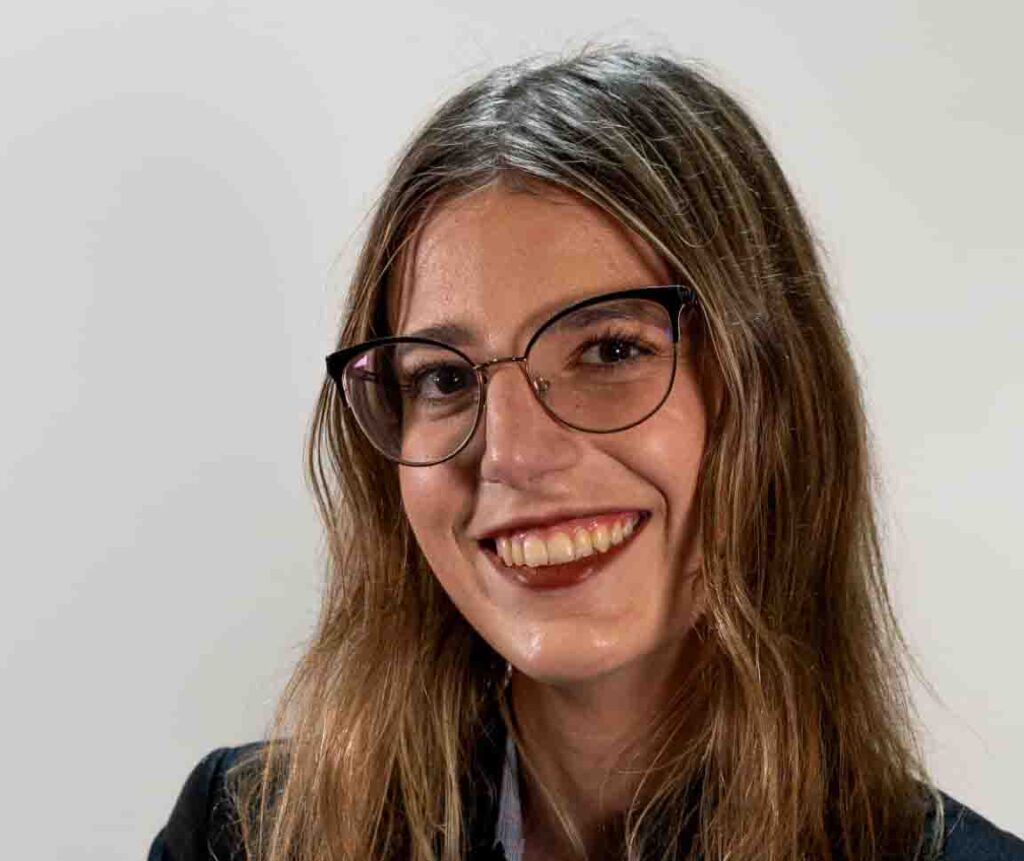
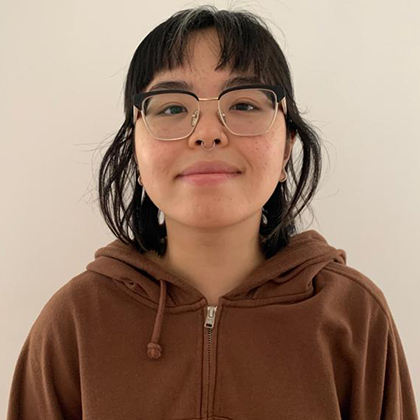



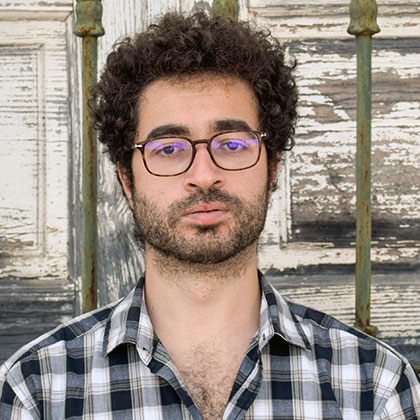
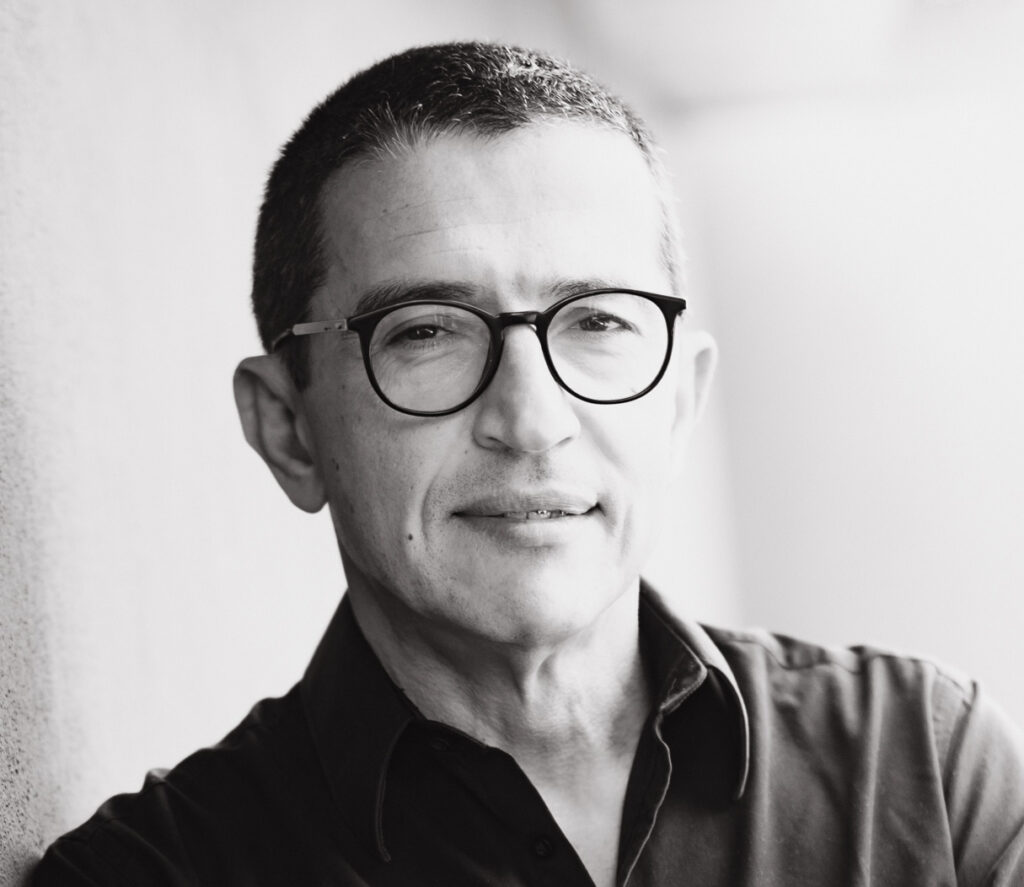


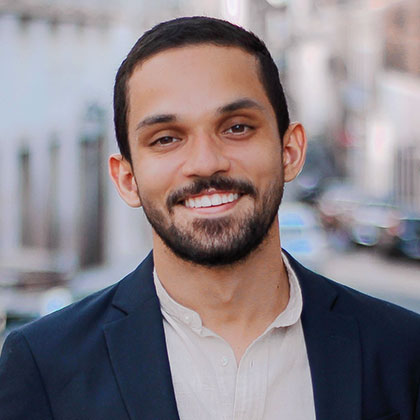
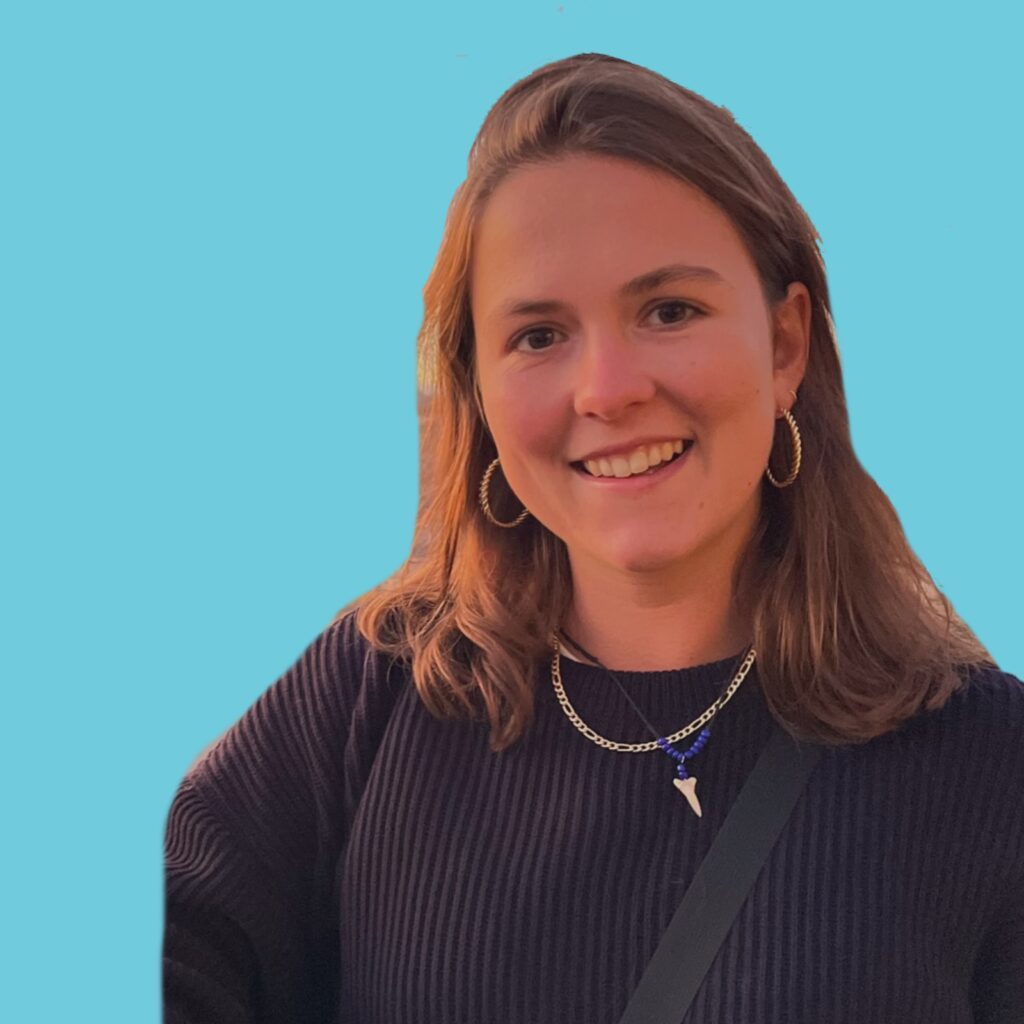
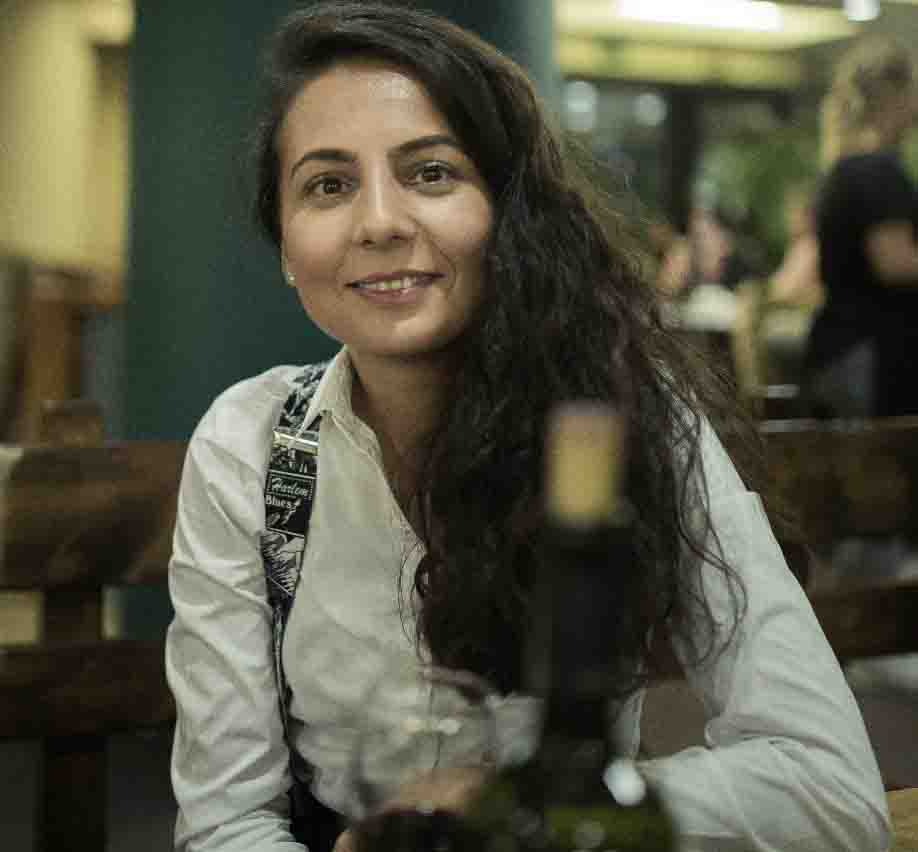
Her research interests encompass Turkish Politics, Political Sociology, Emotions in Politics, Social Movements, European Politics, and EU-Turkish Relations. She has worked as a research assistant and as a researcher in several research projects like “Linking Europe at the Periphery (LEAP)”, “Blickwechsel in EU/German-Turkish Relations Beyond Conflict – Towards a Unique Partnership for Contemporary Turkey? (TRIANGLE)” and “The Future of EU-Turkey Relations: Mapping Dynamics and Testing Scenarios (FEUTURE)”. She contributed to these projects with edited book chapters and a guideline paper.



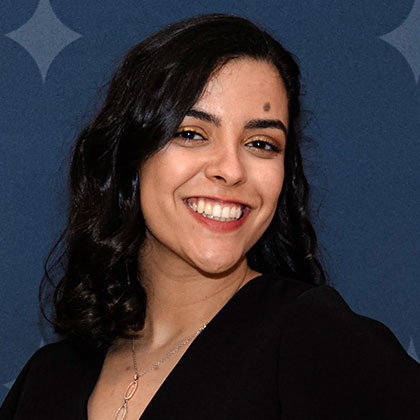
Collaborates in the project "UNPOP: Dismantling Populism: Comparing the formation of narratives of emotion and their effects on political behavior", within the curricular unit "Participation in Research Project II".

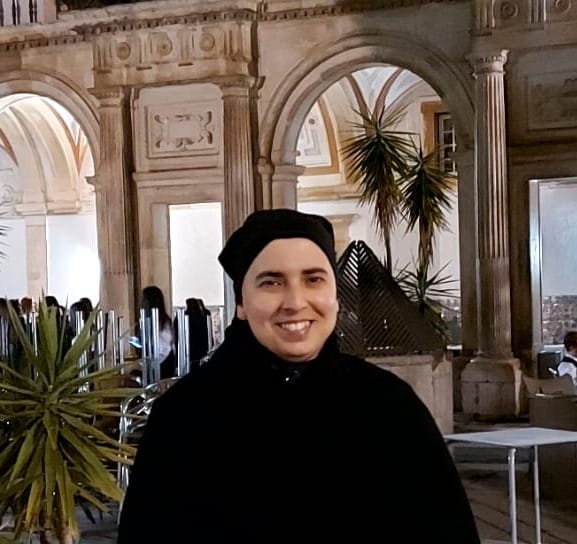
Currently, she is attending the 2nd year of the degree in Psychology at the Faculty of Psychology and Education Sciences of the University of Coimbra and collaborating with the project “UNPOP: UNpacking POPulism: Comparing the formation of emotion narratives and their effects on political behaviour”.
Project Manager
